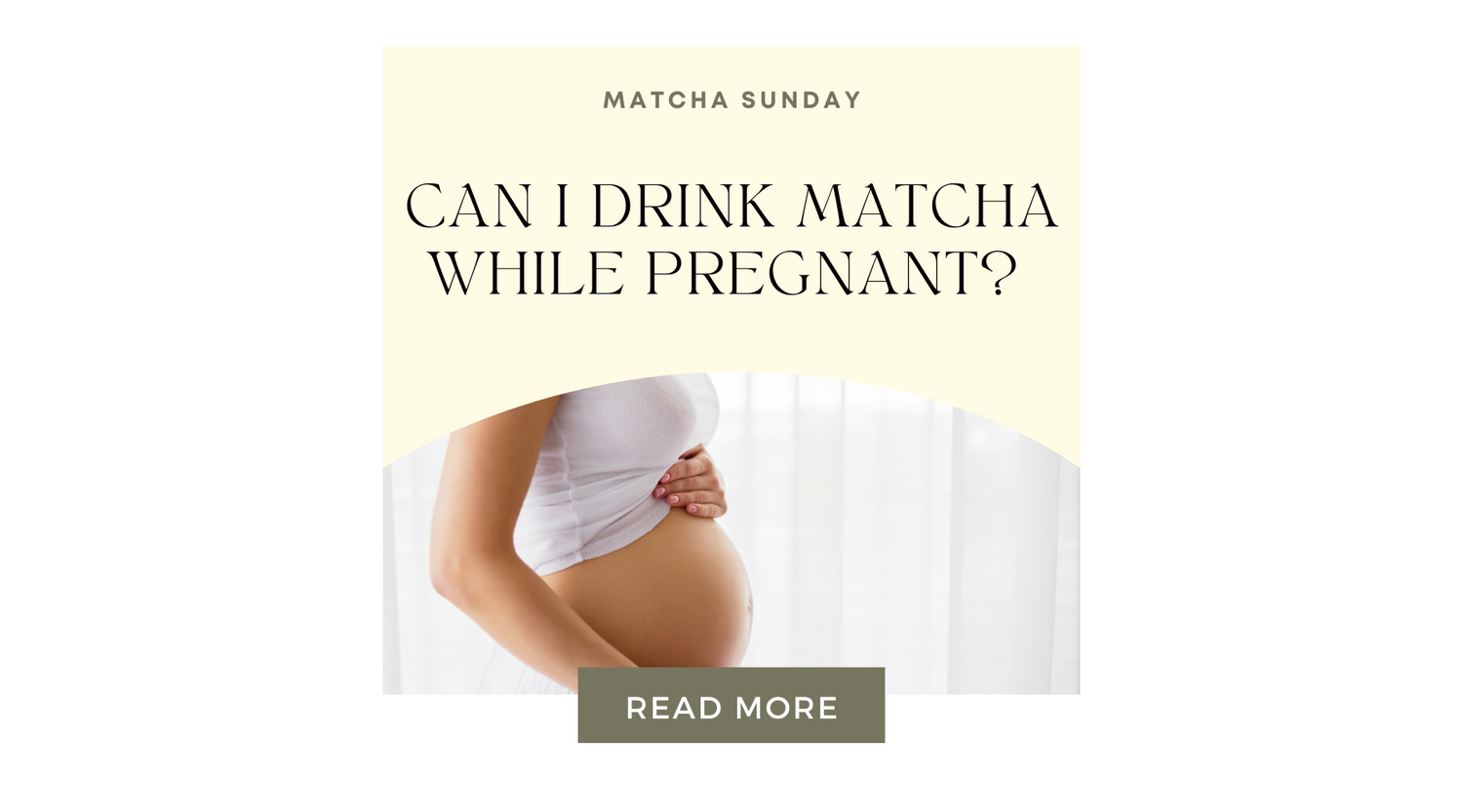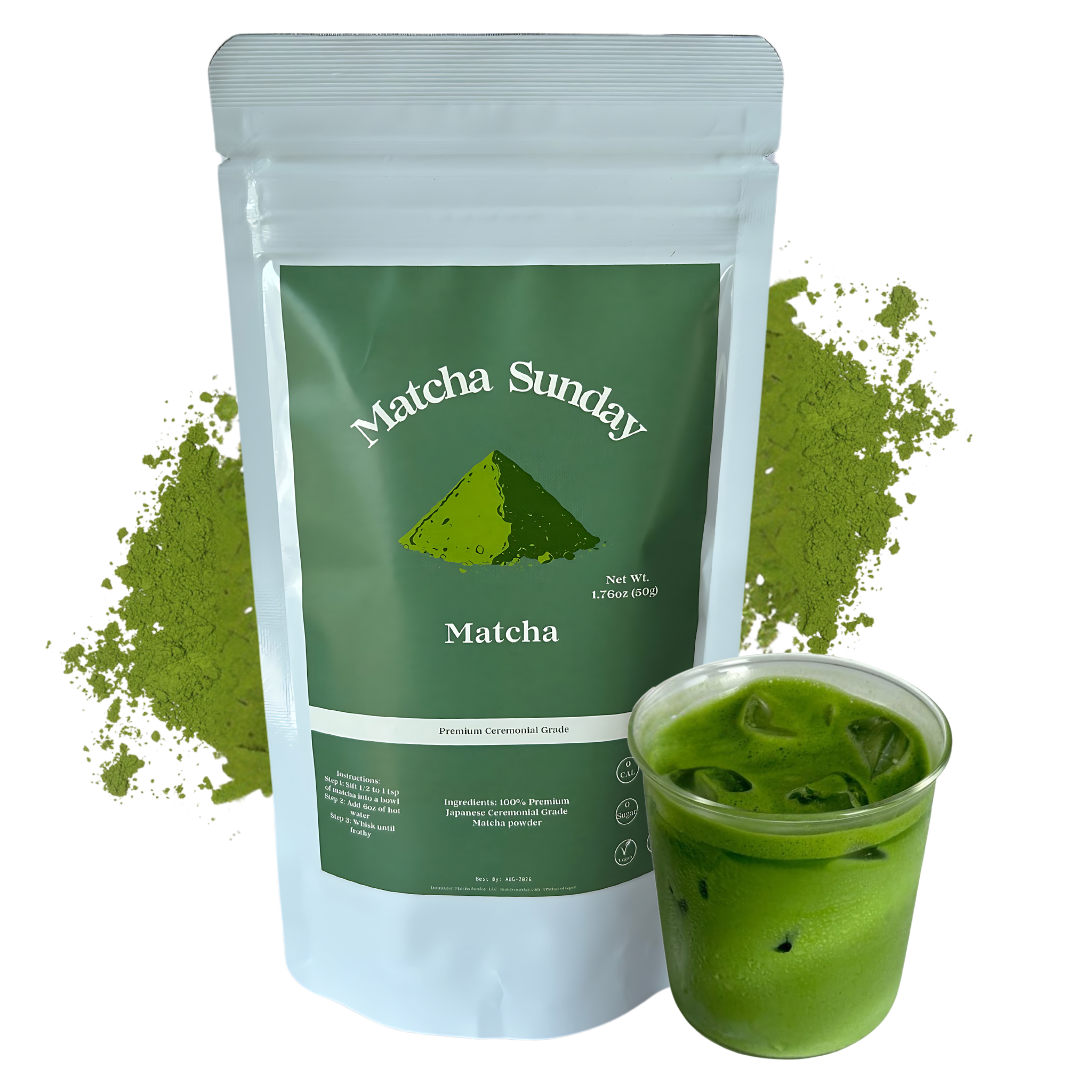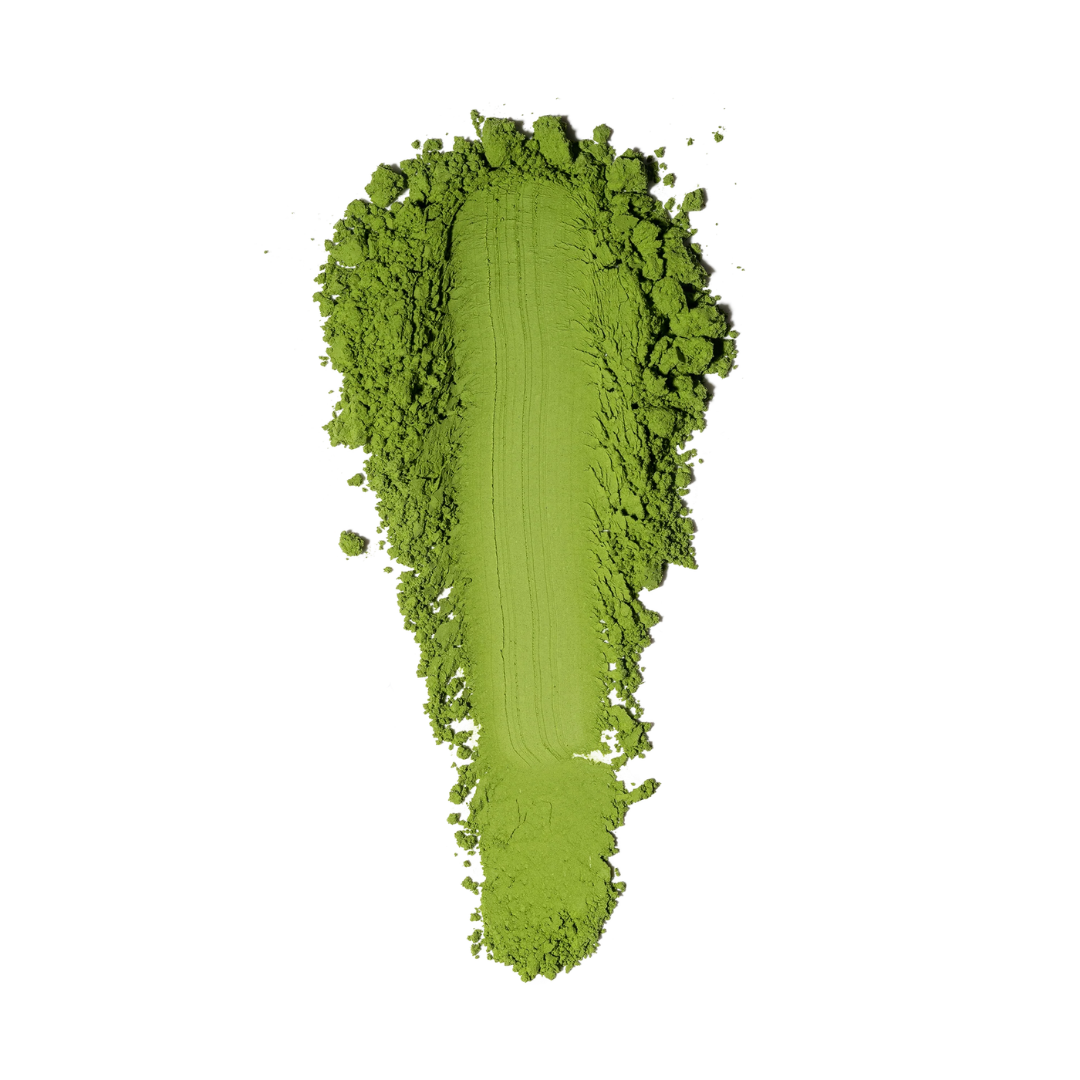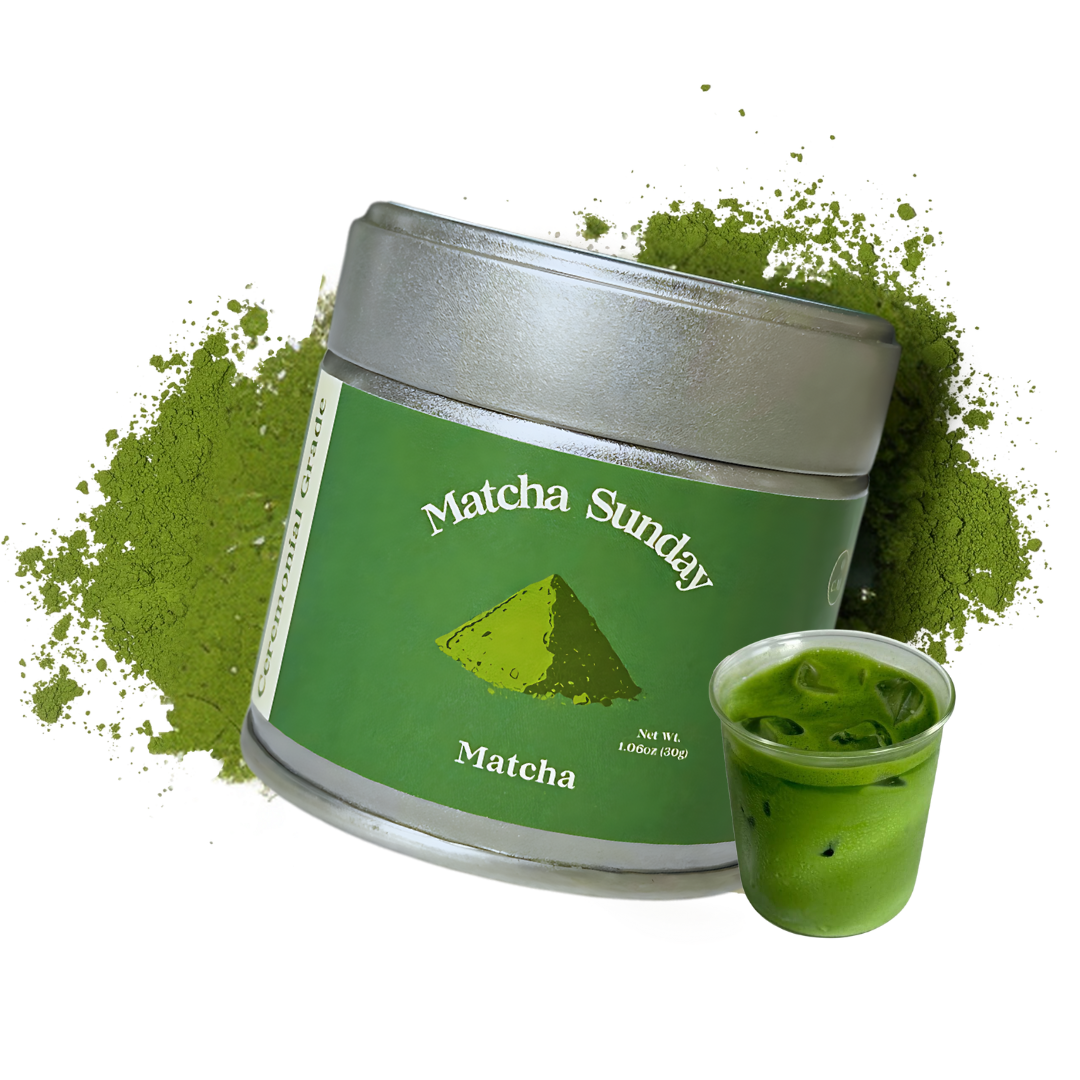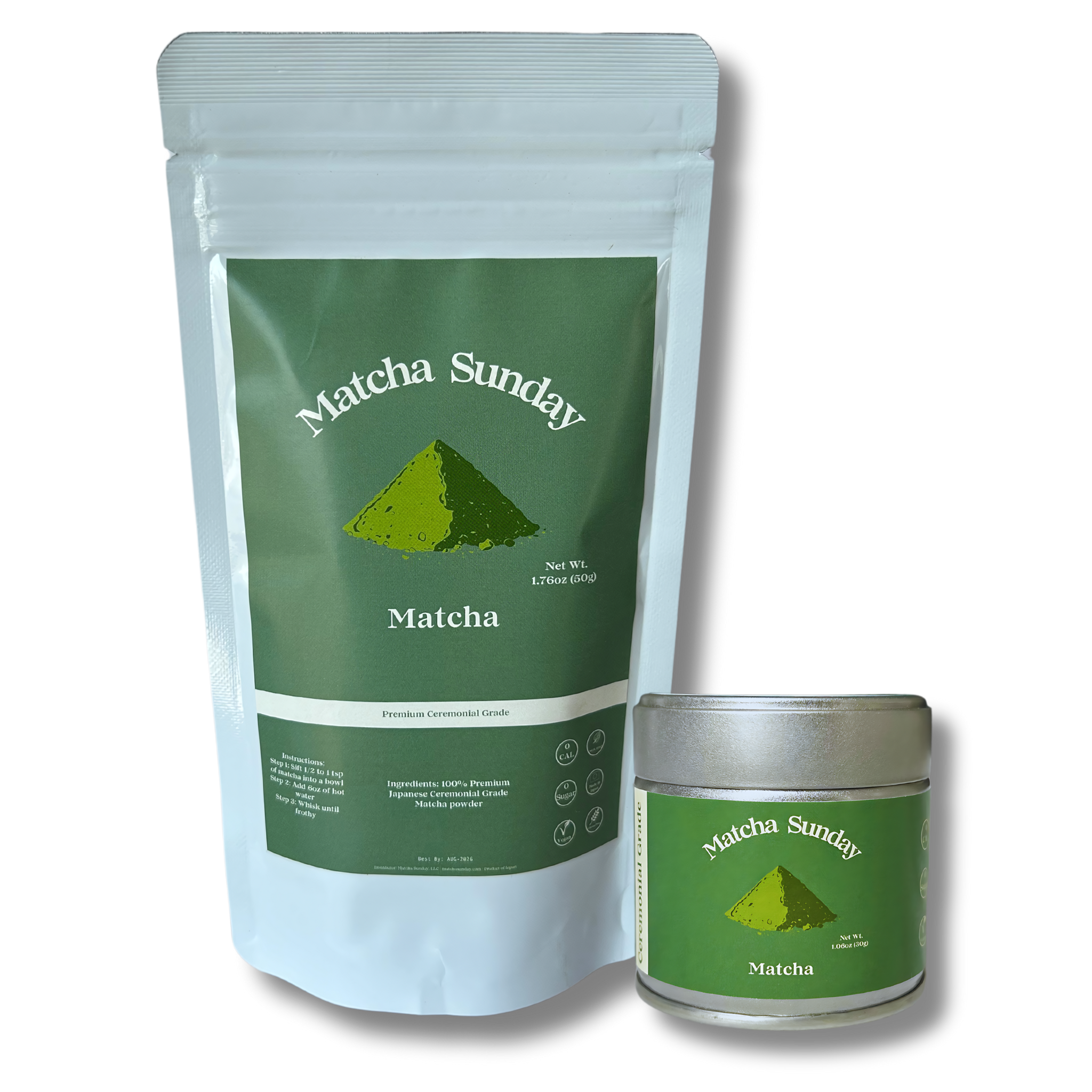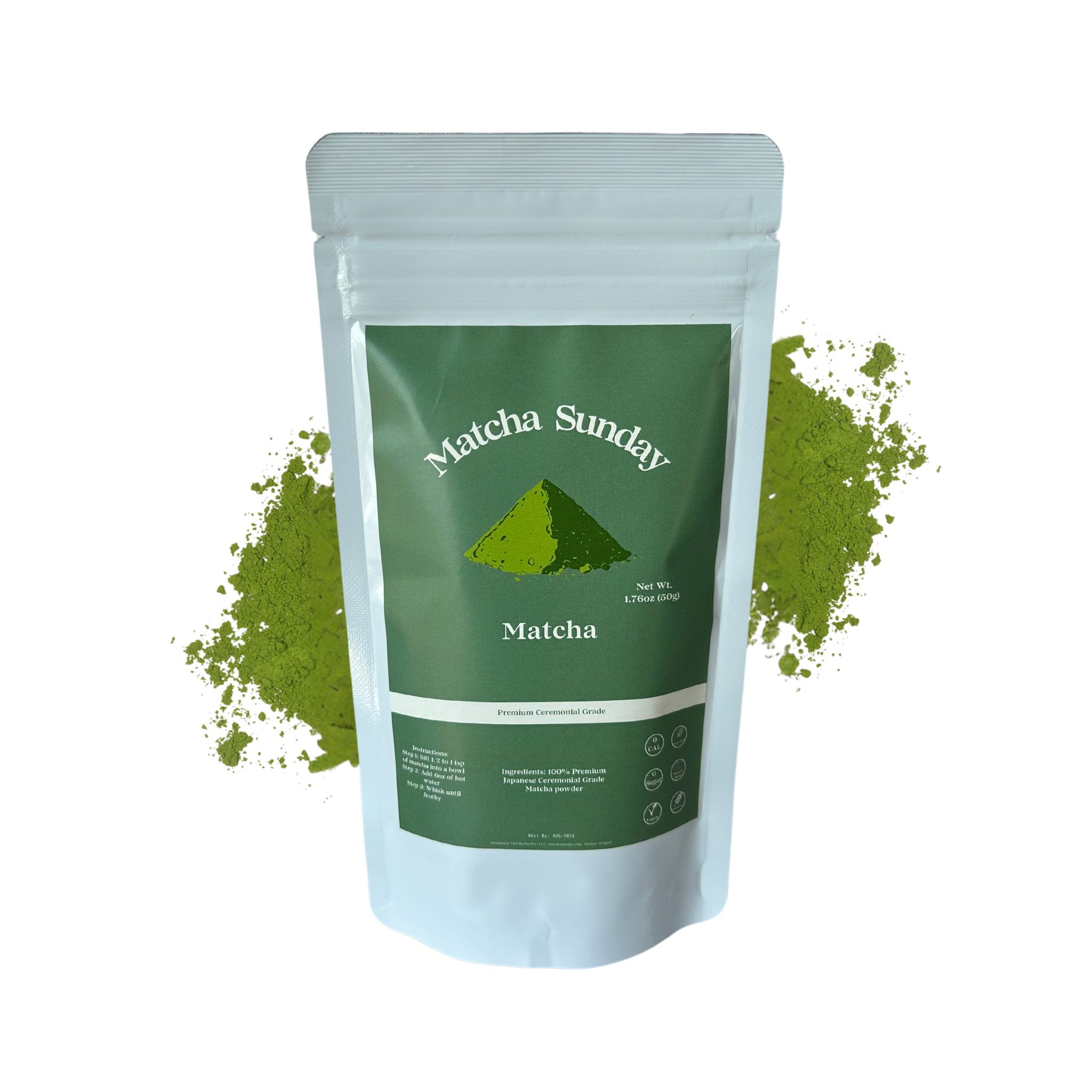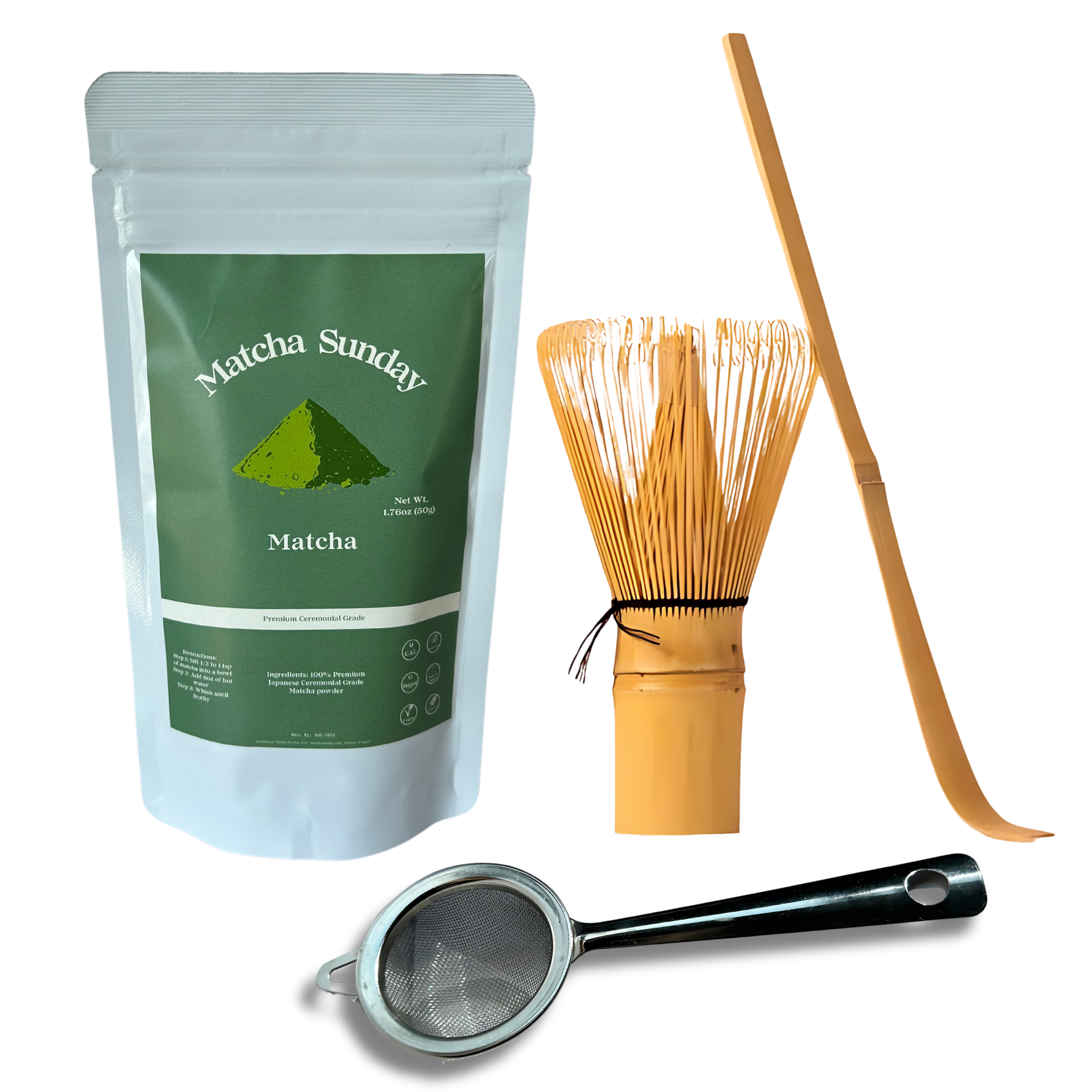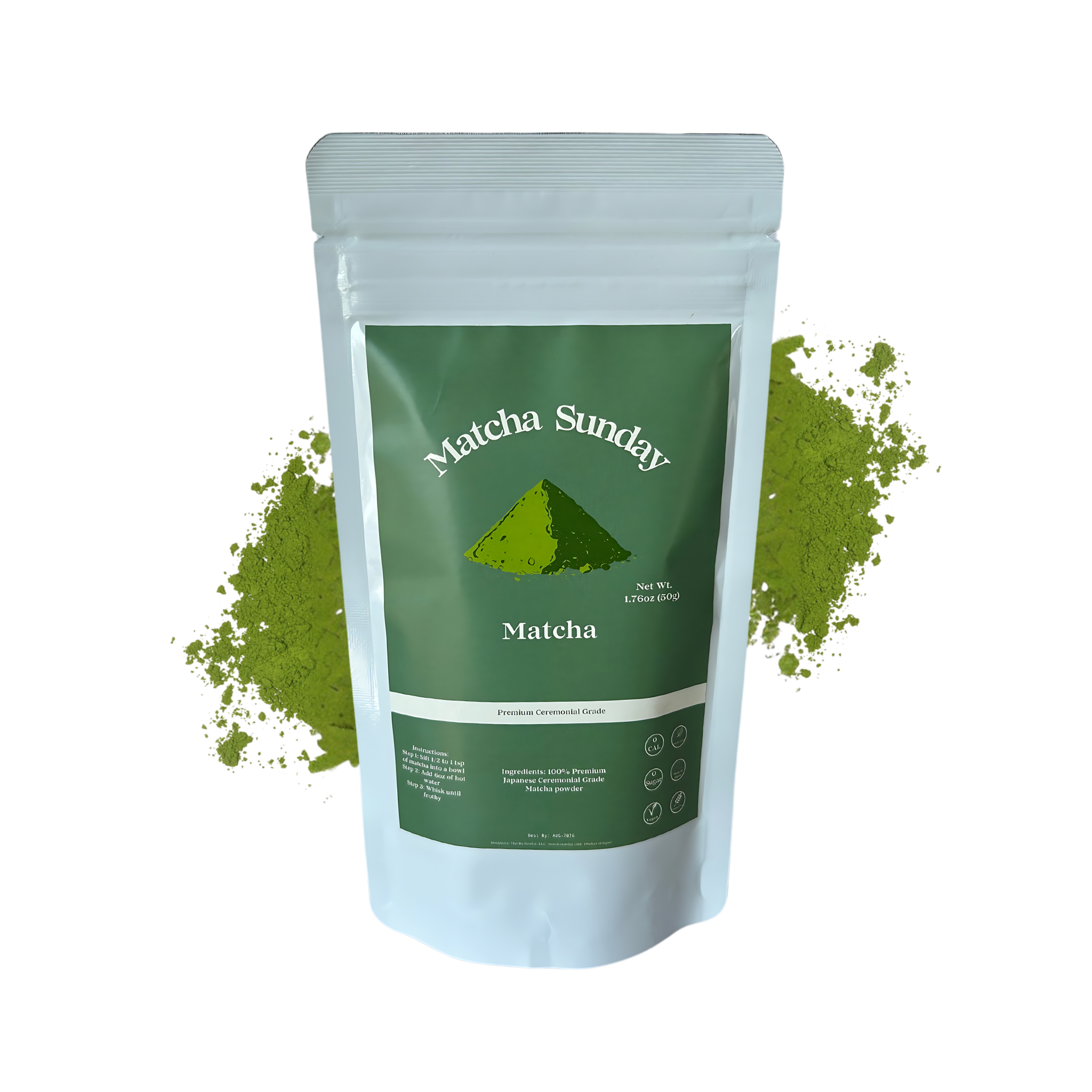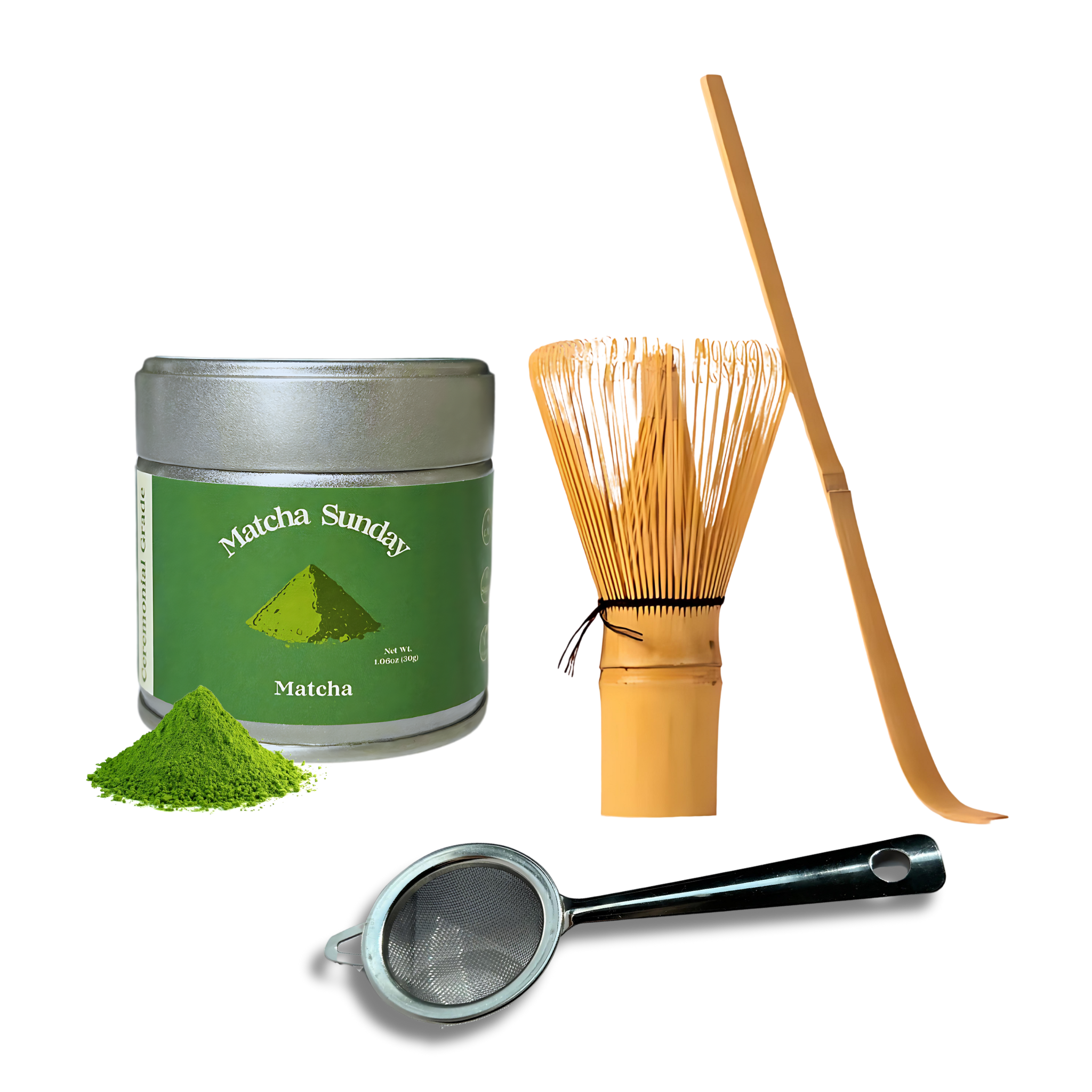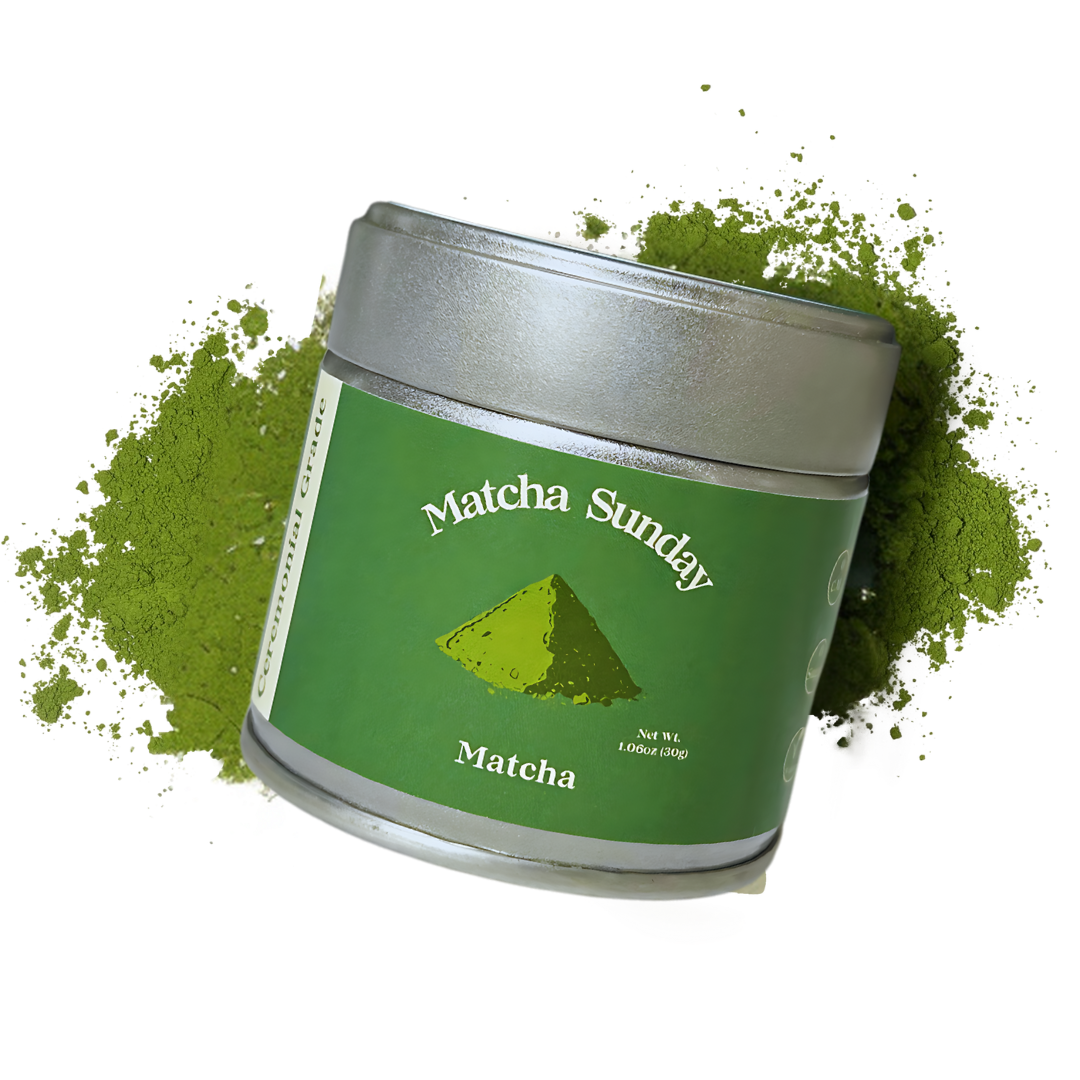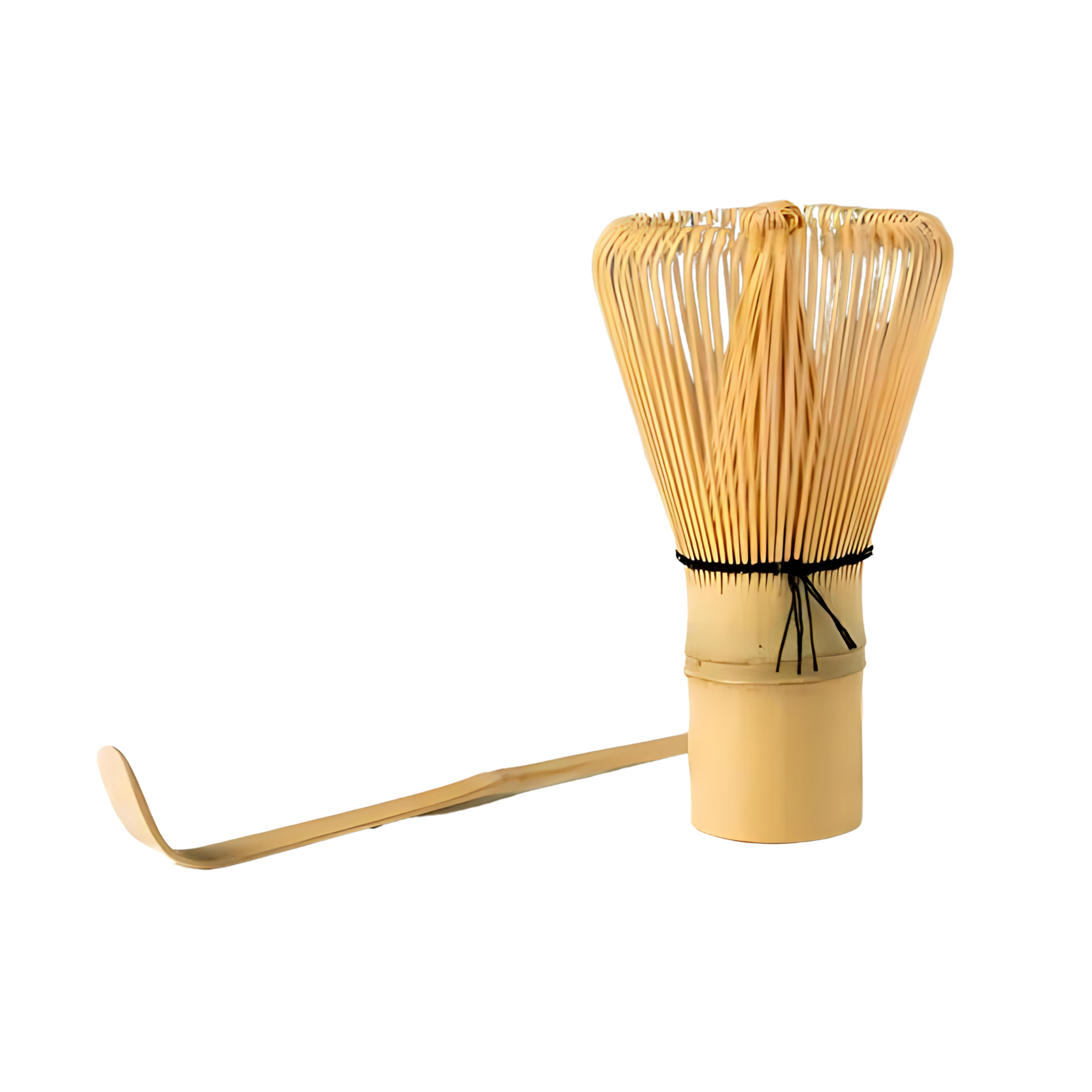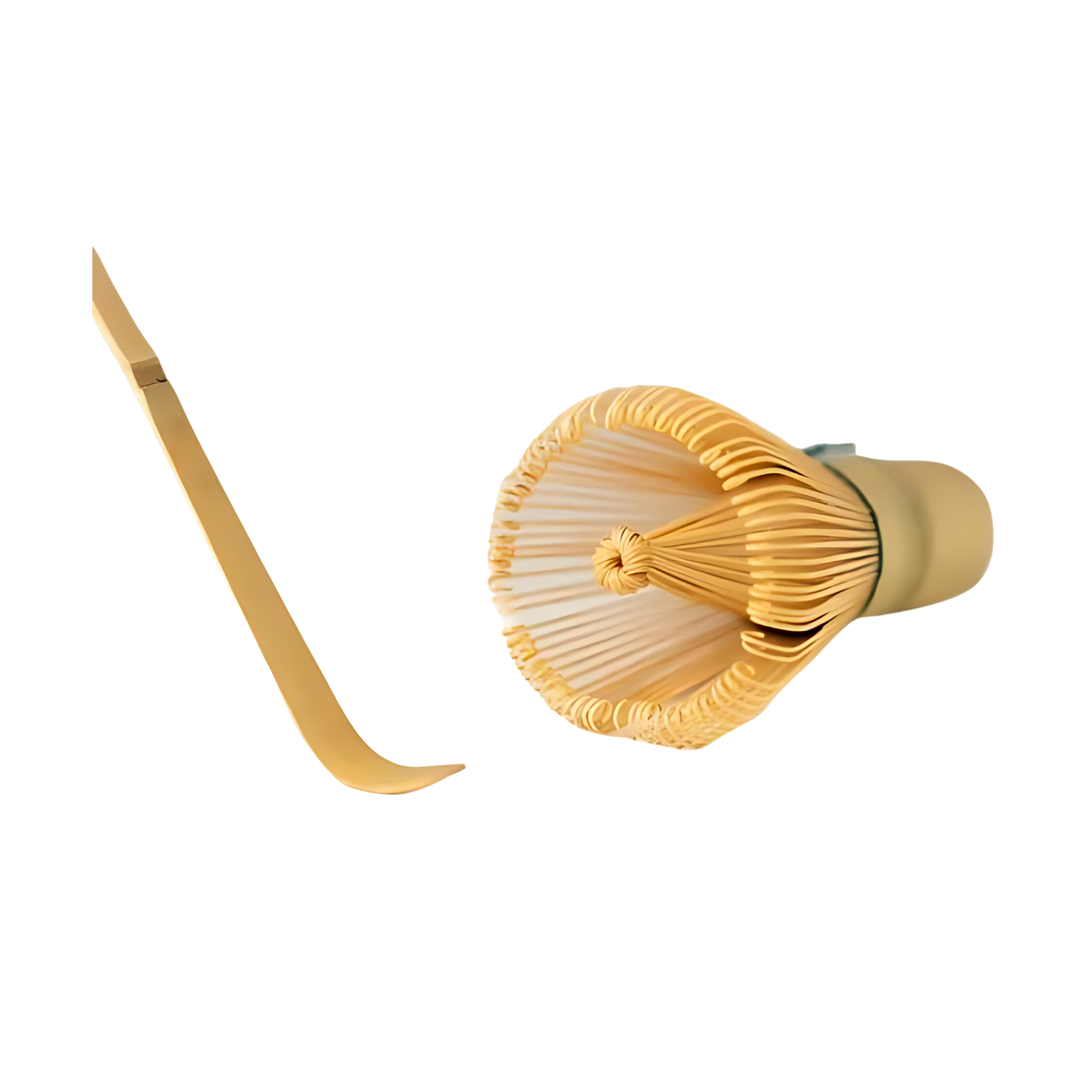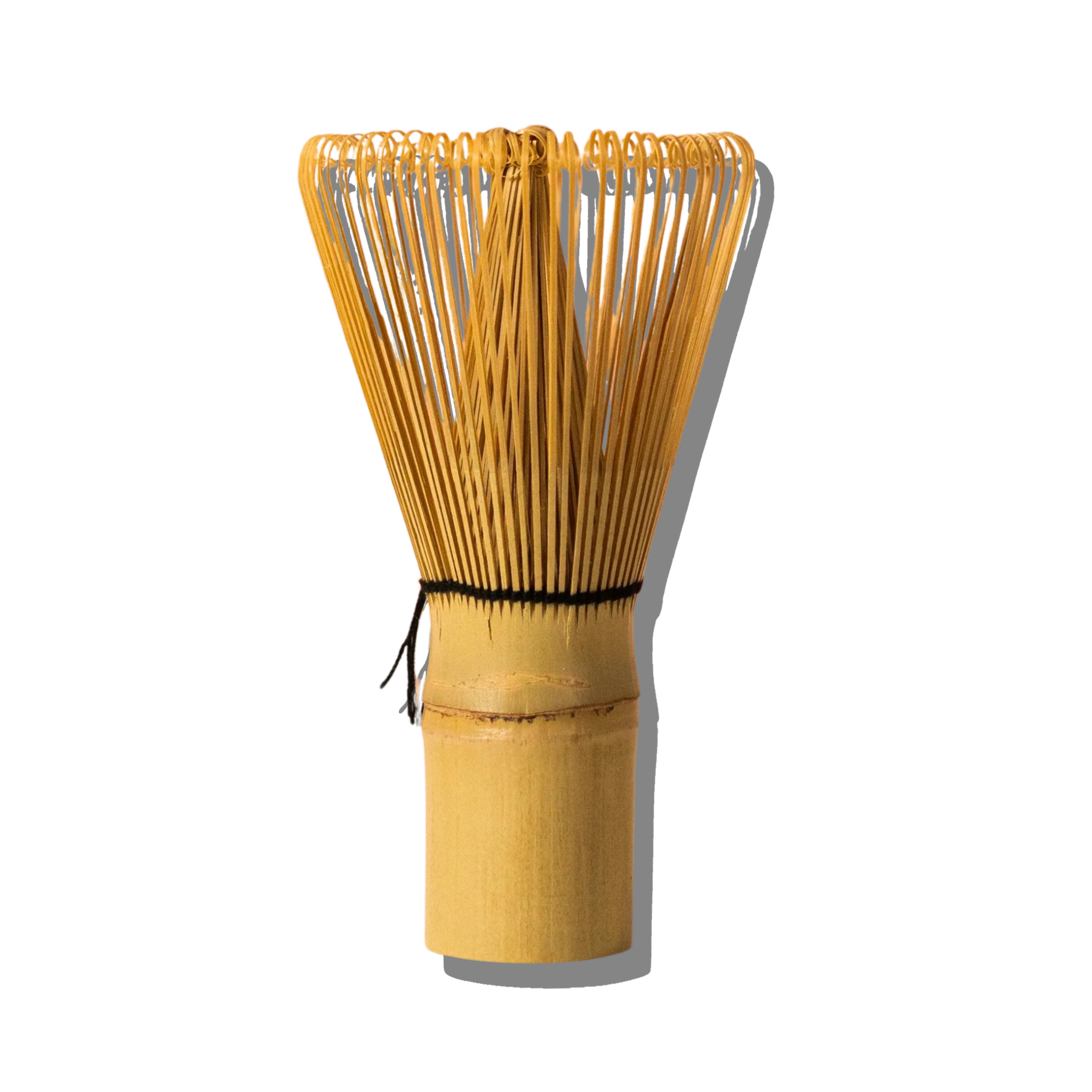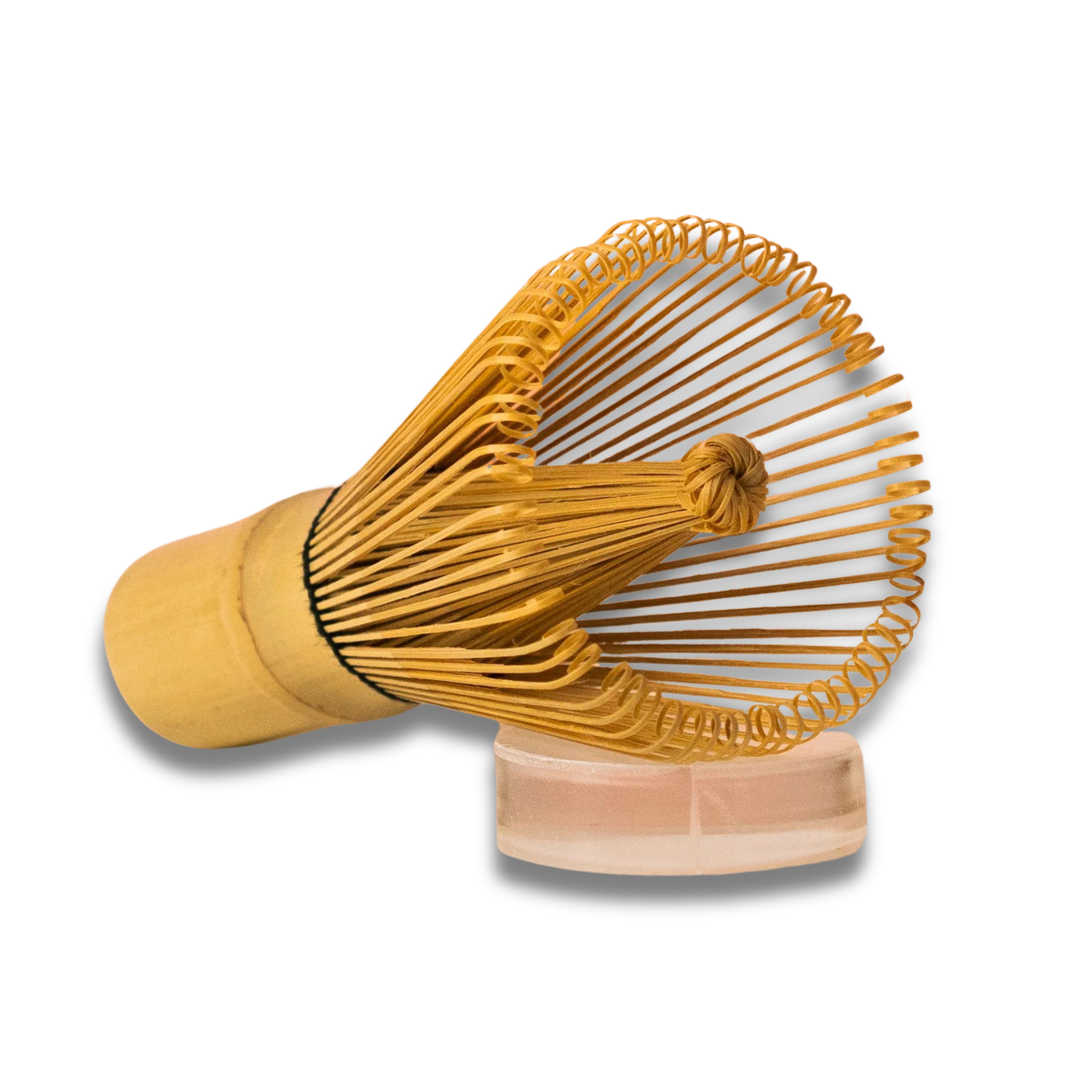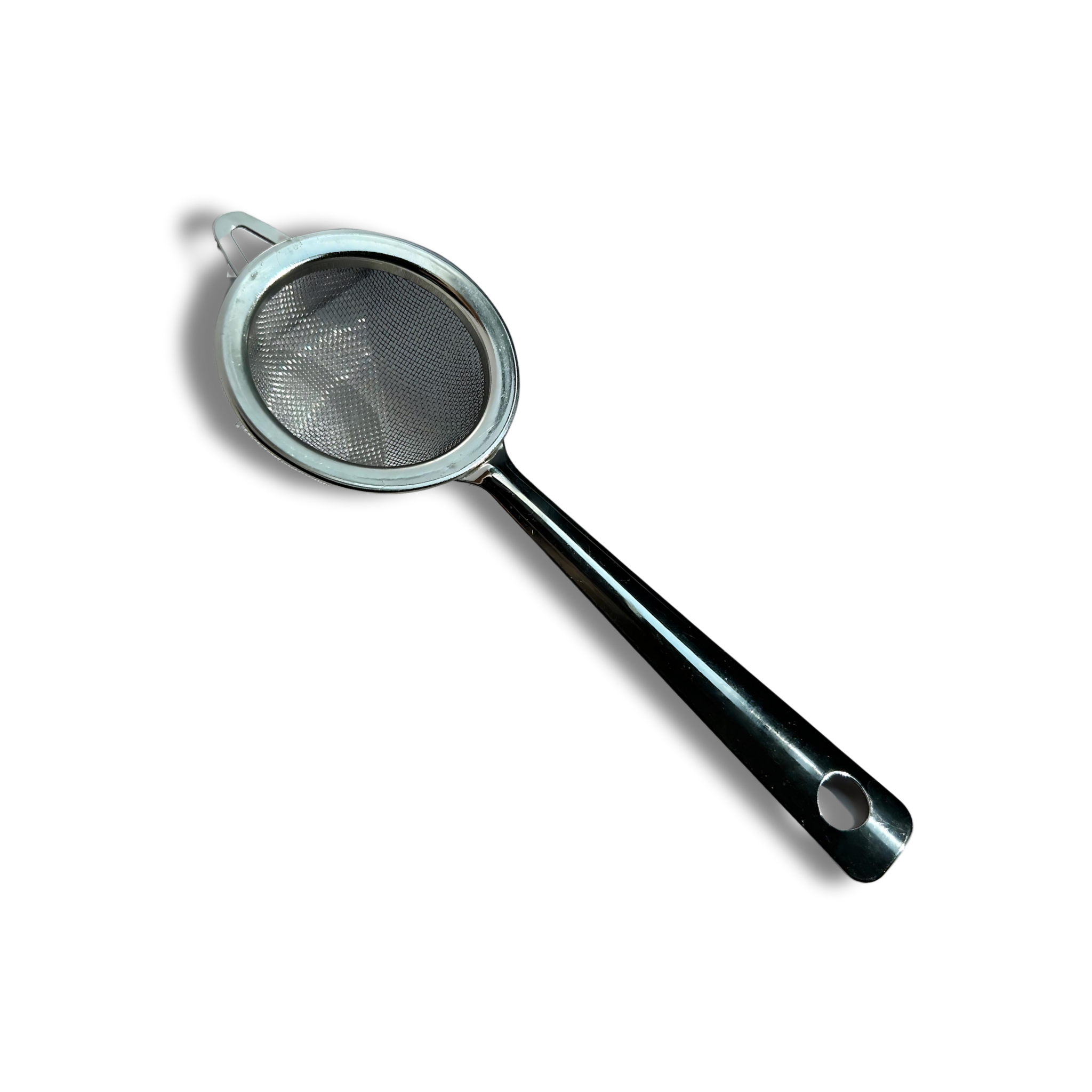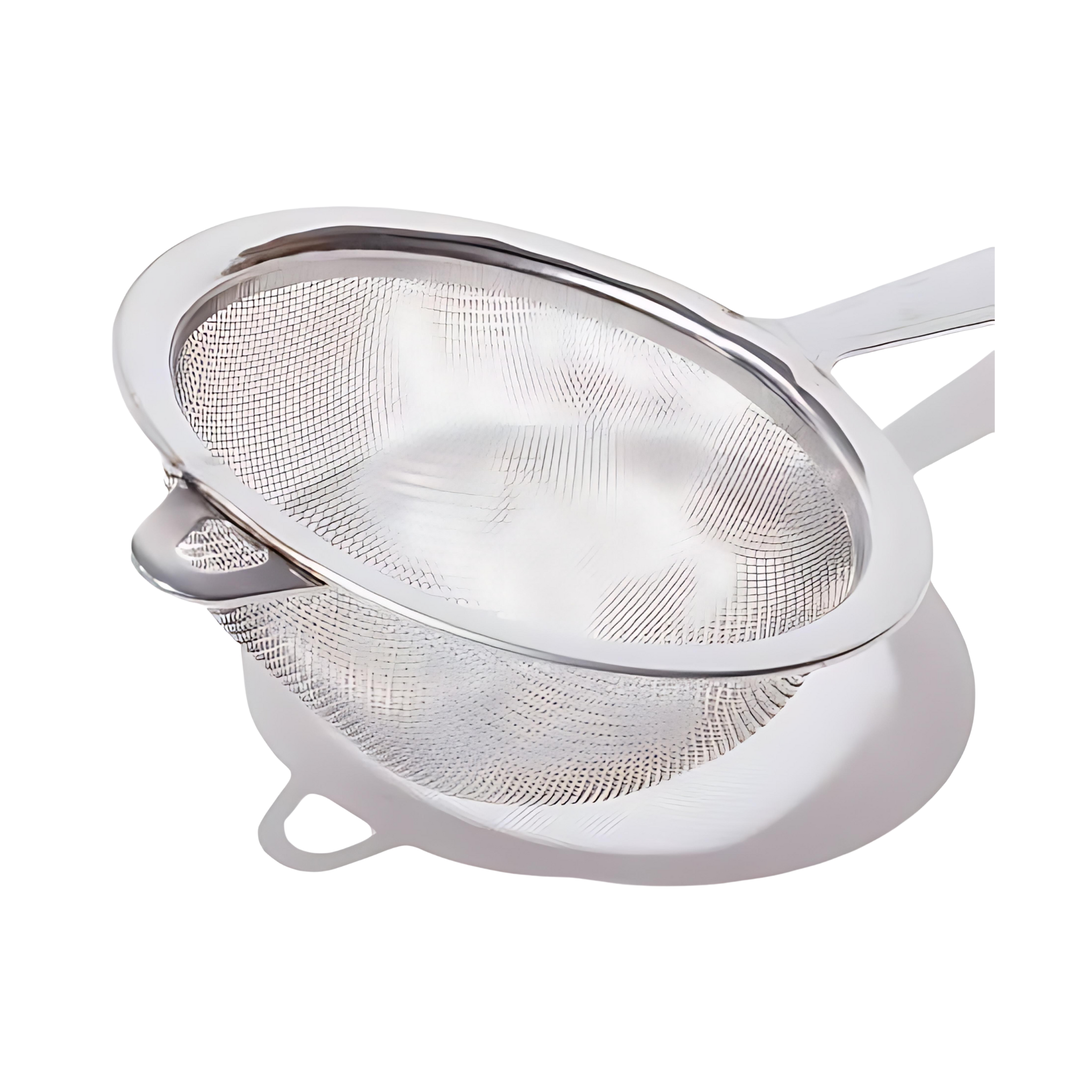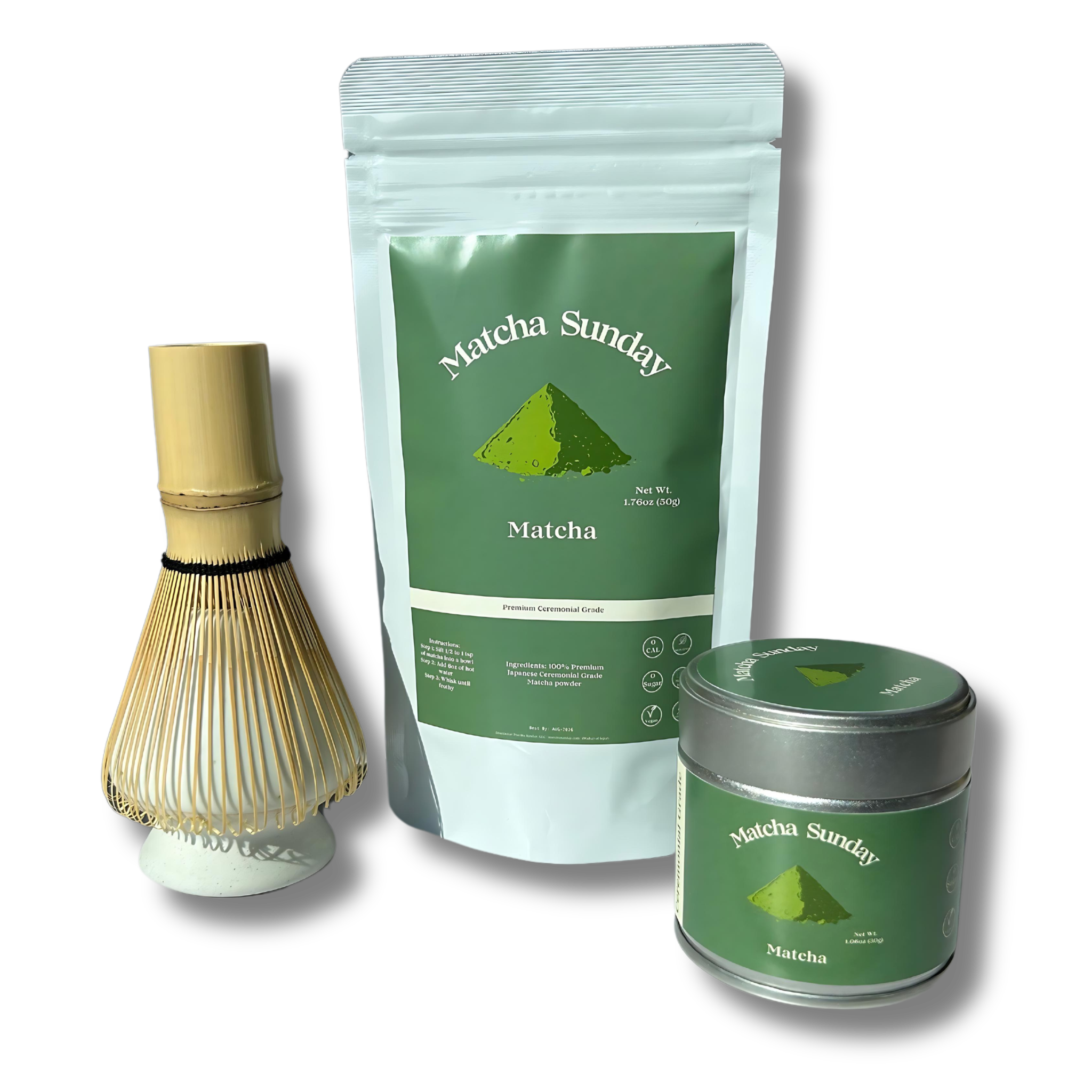Pregnancy is a time of significant change and adjustment, especially concerning diet and lifestyle choices. One common question among expectant mothers is whether they can continue enjoying their favorite beverages, such as matcha tea. This article explores the safety of drinking matcha tea during pregnancy, highlighting its benefits and potential risks to help you make informed decisions.
What is Matcha?
Matcha is a finely ground powder made from specially grown and processed green tea leaves. Unlike traditional green tea, where the leaves are steeped and discarded, matcha involves consuming the entire leaf, providing a more concentrated source of nutrients and antioxidants. Known for its vibrant green color and unique umami flavor, matcha has become a popular choice for those seeking a healthier alternative to coffee and other caffeinated beverages.
Caffeine Content in Matcha and Pregnancy Guidelines
One of the primary concerns with consuming matcha during pregnancy is its caffeine content. Caffeine is a stimulant that can cross the placenta and affect the developing fetus. According to the American College of Obstetricians and Gynecologists (ACOG), pregnant women should limit their caffeine intake to no more than 200 milligrams per day to reduce the risk of miscarriage and preterm birth.
A typical serving of matcha (about one teaspoon or 2 grams) contains approximately 25-70 milligrams of caffeine, depending on the concentration and preparation method. This amount is significantly less than a cup of coffee, which contains around 95 milligrams of caffeine. Therefore, consuming matcha in moderation is generally considered safe during pregnancy, provided the total daily caffeine intake does not exceed 200 milligrams.
Benefits of Drinking Matcha During Pregnancy
While it's important to be mindful of caffeine intake, matcha also offers several potential benefits that can be advantageous during pregnancy:
1. Rich in Antioxidants
Matcha is packed with antioxidants, particularly catechins, which have powerful anti-inflammatory and anti-cancer properties. These antioxidants help protect against oxidative stress, which can damage cells and DNA. During pregnancy, antioxidants play a crucial role in supporting maternal health and protecting the developing fetus from oxidative damage.
2. Stress Relief
Matcha contains L-theanine, an amino acid known for its calming effects. L-theanine promotes relaxation without causing drowsiness, which can be particularly beneficial for pregnant women experiencing stress or anxiety. Research has shown that L-theanine can reduce psychological and physiological stress responses, helping to maintain a sense of calm during pregnancy.
3. Nutrient-Rich
Matcha provides several essential nutrients important for fetal development, including vitamins A and C, iron, and potassium. These nutrients support various aspects of maternal and fetal health, such as immune function, bone development, and blood oxygenation. Including matcha in a balanced diet can help ensure adequate nutrient intake during pregnancy.
Potential Risks of Drinking Matcha During Pregnancy
While matcha has many benefits, there are also potential risks associated with its consumption during pregnancy. It's important to consider these risks and consult with your healthcare provider before making matcha a regular part of your diet:
1. Caffeine Intake
As mentioned earlier, excessive caffeine consumption during pregnancy can increase the risk of miscarriage and preterm birth. To stay within the recommended caffeine limit, pregnant women should consume no more than one cup of matcha per day and monitor their intake of other caffeinated beverages and foods.
2. Catechins and Iron Absorption
Catechins, the antioxidants found in matcha, can inhibit the absorption of non-heme iron (the type of iron found in plant-based foods). Iron is crucial during pregnancy for preventing anemia and supporting fetal development. To mitigate this risk, it's advisable to consume matcha between meals rather than with iron-rich foods or supplements.
3. Potential Contaminants
Choosing high-quality, organic matcha is essential to minimize exposure to pesticides and other contaminants that could be harmful during pregnancy. Low-quality matcha may contain higher levels of contaminants, so it's important to source your matcha from reputable suppliers.
How to Safely Enjoy Matcha During Pregnancy
If you decide to include matcha in your pregnancy diet, here are some tips to ensure safe consumption:
- Limit Intake: Stick to one cup of matcha per day to keep your caffeine intake within the recommended limit.
- Choose High-Quality Matcha: Opt for organic, ceremonial-grade matcha to reduce the risk of contaminants.

- Monitor Overall Caffeine Consumption: Be mindful of other sources of caffeine in your diet, such as coffee, tea, chocolate, and certain medications.
- Timing Matters: Drink matcha between meals to avoid interfering with iron absorption.
- Consult Your Healthcare Provider: Always discuss any dietary changes with your healthcare provider, especially during pregnancy.
Frequently Asked Questions About Matcha and Pregnancy
Q: Can drinking matcha help reduce morning sickness during pregnancy?
A: While there is no direct evidence to support this claim, some studies suggest that the anti-inflammatory properties of matcha may help reduce nausea and vomiting during pregnancy.
Q: Can matcha cause miscarriage or preterm labor?
A: There is currently no scientific evidence to suggest that drinking matcha during pregnancy can cause miscarriage or preterm labor. However, it's crucial to consume matcha in moderation and within the recommended caffeine limits.
Q: Is it safe to consume matcha in the first trimester of pregnancy?
A: While matcha is generally considered safe for pregnant women, it's important to talk to your healthcare provider before consuming it during the first trimester. The first trimester is a critical time for fetal development, and some healthcare providers may recommend avoiding certain foods or beverages during this period.
Q: Can matcha interact with prenatal vitamins or other medications?
A: There is currently no evidence to suggest that matcha interacts with prenatal vitamins or other medications. However, it's always a good idea to consult your healthcare provider before consuming matcha or any other dietary supplement during pregnancy.
Q: Is it safe to consume matcha that has been sweetened or flavored?
A: It's best to avoid matcha that has been sweetened or flavored during pregnancy, as these products may contain additional ingredients or additives that could be harmful to fetal development. Stick to plain, organic matcha powder to minimize any potential risks.
Q: Can matcha help prevent preeclampsia?
A: While there is no direct evidence to support this claim, some studies have suggested that the antioxidant and anti-inflammatory properties of matcha may help reduce the risk of preeclampsia, a potentially dangerous pregnancy complication. However, more research is needed to confirm this benefit.
Conclusion
Matcha can be a delicious and healthy addition to a pregnant woman's diet when consumed in moderation. While it contains caffeine and catechins that can be harmful in high amounts, matcha is also rich in antioxidants and nutrients that support a healthy pregnancy. By following recommended guidelines and consulting with your healthcare provider, you can safely enjoy the benefits of matcha during pregnancy. Cheers to a happy and healthy pregnancy!
Visit our website: Matcha Sunday.

